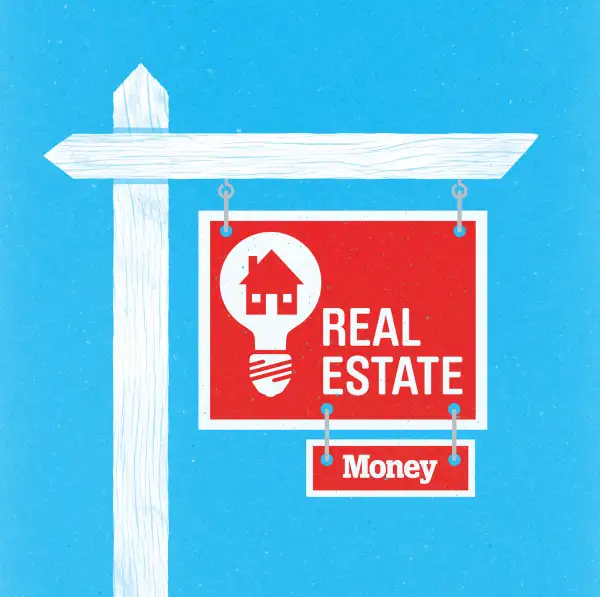When It Makes Sense to Refinance Your Mortgage

Q: Should I refinance my mortgage? I can drop my current rate by half a point.
A: Mortgage rates, though still close to the 19-month low set in mid-January, have recently started inching up. The national average for a 30-year fixed mortgage was 3.9% as of Feb. 11, according to Bankrate. That’s up from 3.8% the week before, but well below the 5%-plus rates of 2011.
So if you're a homeowner with good credit and a solid income, now might be an opportune time to refinance.
As a general rule, refinancing—that is, paying off your current mortgage and taking out a new loan at a lower interest rate—may be worthwhile if you can drop your rate by at least half a percent, says Marilyn Capelli Dimitroff, a certified financial planner in Bloomfield Hills, Mich., and former chair of the CFP board of directors. For example, if you have $390,000 remaining on an original $400,000 loan at 4.25%, refinancing the balance into a new loan at 3.75% would save you $162 a month.
There are costs to refinancing, of course. You’ll have to pay bank fees, attorney fees, appraisal fees, and title insurance fees that typically total about $3,000 to $5,000. Use a refinance calculator, such as this one from Bankrate, to plug in your current mortgage details, the new loan rate, and the refinancing fees, and you’ll see how many months it would take for the savings to repay the cost. Bear in mind, though, that refinance calculators tend to underestimate the payback time. They typically don’t factor in the mortgage tax deduction, which effectively lowers the net savings from reducing your monthly interest payment, and you may not anticipate every fee you’ll have to pay, so don’t refinance unless you’re planning to stay in your house for at least five years.
Even if all the numbers look good, there’s another factor to consider, says Dimitroff. By refinancing, you’re extending the loan period to 30 years from now. If you’re in year two of the original loan and you’re 34 years old, that’s probably no big deal. But if you’re in year seven and you’re in your late 40s, you may not want to start over with a 30-year loan.
If you’re concerned about extending your loan too far into the future—or if by doing so you will wind up paying additional total interest over the life of the loan, something you can check on any good refinance calculator—consider these two options:
- Take a 15- or 20-year loan instead of a 30. This will generally earn you a still-lower interest rate, though the shortened loan period will probably result in a higher monthly payment. With the example above, refinancing for 15 years at 3% (the national average in early February was 3.06%) would increase the monthly payment by $725. If you can afford that cost, this can be an extremely beneficial move because it means you’ll be done paying off your mortgage in just 15 years and will save more than $100,000 in total interest over the course of the loan.
- If you can’t afford to do that, see whether you could take a new 30-year loan, but use some of your monthly savings to pay a bit extra each month and shorten the term of the new mortgage to match the years remaining on your old one. For example, refinancing in year five of a $400,000 mortgage at 5% into a new loan at 3.75% could save around $450 a month. Put $200 of that toward paying down the principal each month, and you can shorten the new loan to 25 years and still pocket close to $250 a month. Or just keep paying the full amount you’re already accustomed to paying each month, and shorten the new loan to just over 20 years, with the freedom to pay only the regular loan payment anytime finances get tight.
Always shop around for your mortgage because rates—and fees—vary significantly from one lender to the next. If you have excellent credit, you may find the best rates from a local savings bank rather than a national bank or a mortgage broker.
More on mortgages from Money 101:
What Mortgage is Right for Me?
Should I Try to Pay Off My Mortgage More Quickly?
How Do I Get the Best Rate on a Mortgage?
